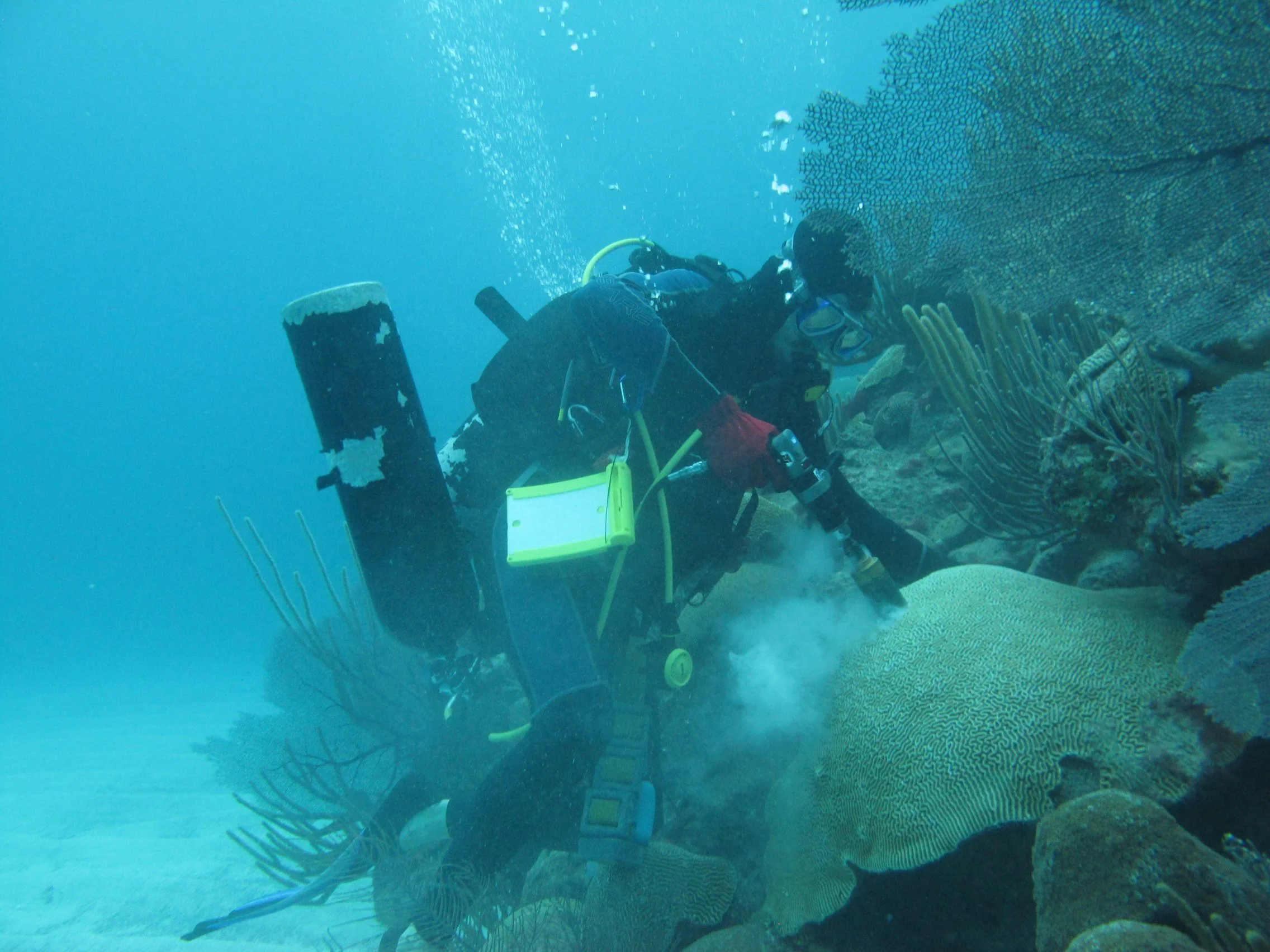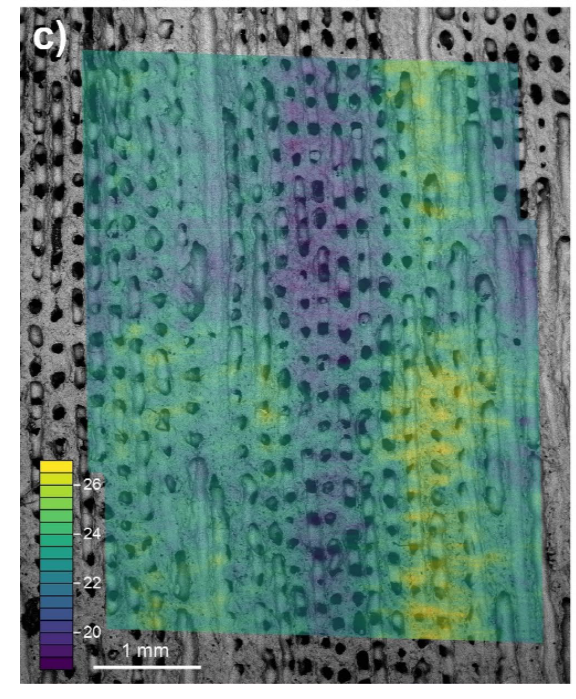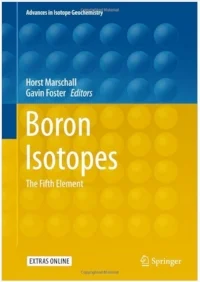PhD Topics for Entry September 2025
/There are three projects involving thefosterlab both with a deadline Wednesday 8th January 2025. Here is a link of how to apply: https://inspire-dtp.ac.uk/how-apply. NB it is open to overseas applicants (although the DTP has a cap on how many overseas students it can take).
These projects are fully funded but will be offered on a competitive basis with interviews in February 2025. Please get in touch with Gavin if you want to know more (g.l.foster@soton.ac.uk).
Project 1: It’s getting hot in here – coral-based reconstructions of ocean warming
When the Earth’s temperature breaches the Paris climate targets of +1.5 and +2 C depends on the choices we make in terms of emissions but also on the temperature of the Earth during the “pre-industrial” era – a loose and undefined period before the 1900s. While we have a good idea of the temperature of the surface of the Earth today, our uncertainties increase as we go back in time. This is largely due to changes in observation technology and data coverage associated with measuring ocean temperature (Voosen et al., 2024). The upshot being that although 2023 was agreed to be the hottest year on record, one data product placed it at +1.34 C warmer than pre-industrial, the other at +1.54 C! That’s a big error in the global mean that is largely due to the slightly different pre-industrial ocean temperatures in the products used.
In this project we will improve our reconstructions of ocean temperature during the pre-industrial by turning to palaeoclimate, and coral based proxies in particular. If you like lasers and corals, and firing lasers at corals to improve our understanding of the magnitude of historic climate change – then this is the project for you!
Click here to find out more
Project 2: Exploring the eruptive behaviour of a rare young stratovolcano
Subduction zone volcanoes are notoriously dangerous and unpredictable. Volcanoes in these settings tend to have a mature plumping system that can produce a diversity of magma compositions and explosivities. This diversity of eruption styles (effusive/explosive), sizes, and pre-eruptive unrest periods (days/decades) pose fundamental challenges to volcanic risk reduction. By contrast, the plumbing systems of young, immature stratovolcanoes are less complex, resulting in potentially less diverse eruption mechanisms and styles. However, due to their scarcity, young stratovolcanoes remain poorly understood. This project will overcome this limitation by studying a young, persistently active stratovolcano (Bagana, Papua New Guinea) to catalogue its eruptive history and characterize the dynamics and timescales of magma assembly prior to eruptions. This unique dataset will be compared with a mature reference volcano (Etna, Italy; fieldwork optional) and with published data from other arc volcanoes.
In this project, led by Dr Martin Mangler, we use novel imaging tools, that include laser ablation time of flight ICPMS (e.g. Standish et al., 2024), in a correlative framework to reveal the full complexity of the plumbing systems of these volcanoes.
Click here to find out more
Project 3: Are extreme rainfall events more frequent in a warmer world?
Have you ever wondered what the weather was like 56 million years ago during the Paleocene-Eocene Thermal Maximum (PETM)? Yes? Well this project is for you!
Predicting future rainfall patterns remains highly challenging and there is a profound disagreement amongst climate model projections. In this project, you reconstruct the hydrological cycle during the PETM using the hydrogen isotopic composition of leaf waxes in terrestrial sediments. A geochemical characterisation of the sediments will also help reveal leaf wax provenance and sediment transport histories. Together this will provide vital constraints on the response of the hydrological cycle under higher CO2 concentrations.
Click here to find out more







